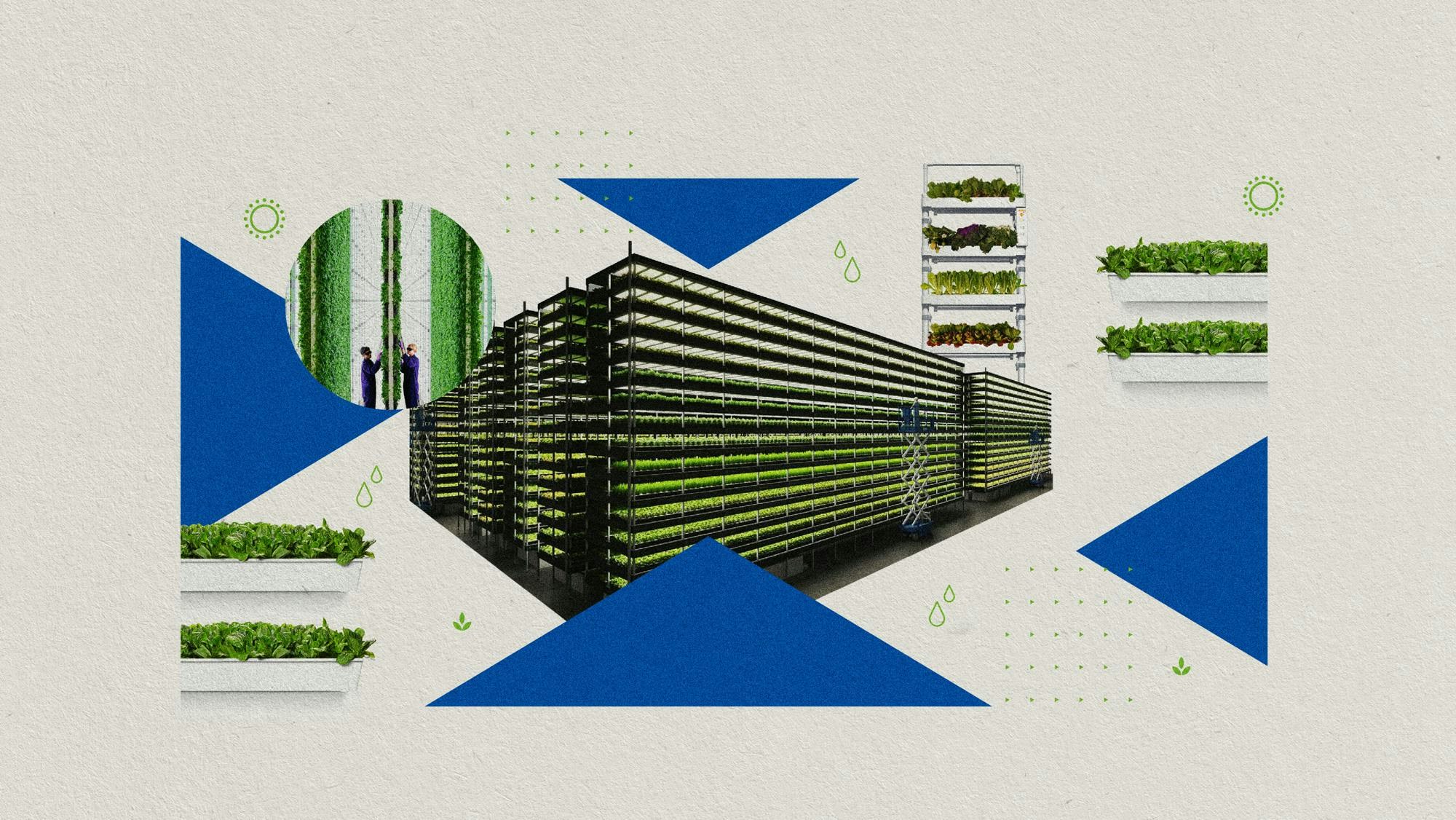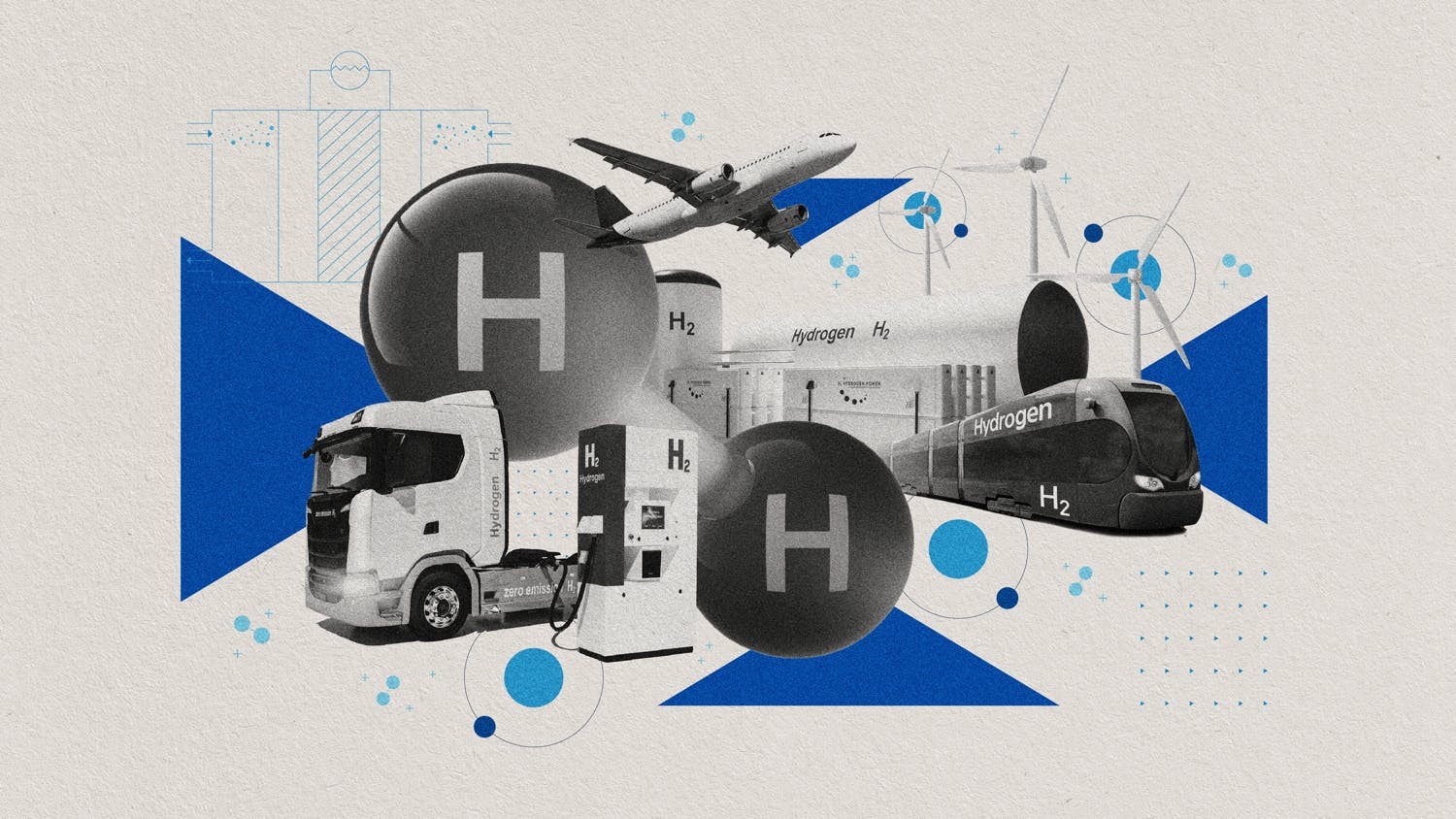Category:
Topic:
02/03
Sophisticated technology analysis made easy
The global data analytics platform for policy makers, investors and corporations financing emerging technology.
03/03
Get in touch
Connect with us in your preferred channel.
Category:
Topic:
02/03
Sophisticated technology analysis made easy
The global data analytics platform for policy makers, investors and corporations financing emerging technology.
03/03
Connect with us in your preferred channel.

With 25 percent of people expected to spend one hour daily in a metaverse, the question begs asking: Who, or what, will be responsible for virtual law and order?

Certain priorities were etched into the Web 2.0 advertising ecosystem. Web3's more thoughtful programming, rewarding community cohesion and robustness, could change what we expect from technology and each other.

National sentiment is something many expected to disappear in the 21st century. We may have thought the online space would be borderless, but it is rife with nationalist conflicts, reflecting happenings in the physical world.
If you’re reading this, perhaps it’s no surprise to you that there is a commercial and strategic value to the data we generate all day, whether online or offline. In terms of the sheer volume of that potential, these are unprecedented times: 90 percent of existing data was generated in the last 2 years.

Popular media narratives position the darknet as a shadow-space, where leery people exchange child pornography, or peddle drugs and weapons on websites that resemble eBay. But it is also a safe haven for journalists, researchers, political dissidents, and citizens seeking privacy … making Tor an accidental seismograph for measuring democratic corrosion.

One sustainable technology, linked to agriculture, has attracted attention since the 1990s, and could benefit from a financial “push” from countries: Vertical farming. Growing food in vertical stacks and controlled environments was showcased during the Cop26, when Glasgow inaugurated its first such farm.

On November 2nd, the COP26 launched the Glasgow Breakthroughs. Five key sectors, including hydrogen, were identified as priorities. Green hydrogen components—like fuel cells—could impact transportation and shipping, industrial ecosystems, and the global energy market.

The US, China and the UK lead in quantum computing R&D, with the US topping all other countries in patents, publications, grants and investments. France and Germany lead in Europe. In 2021, Angela Merkel unveiled the first quantum computers, developed by Fraunhofer-Gesellschaft and IBM.

According to L’Atelier’s technology intelligence engine, the European Commission, through Brussels, has been the highest investor in blockchain initiatives via grants since 2016. It spends almost six times the US budget for the same technologies.